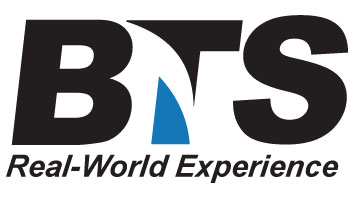| Hands-On 802.11 Wireless Installation and Troubleshooting |
 |
Module I: Local Wireless Services
Technologies
and Terms
Key
Wireless Standard Options
Wireless Architecture
Different
IEEE standard options
802.11a/b/g/n
Relation
between 802.11 and 802.16
Integration
with LANs
Ad
Hoc connection
Security
WEP, WPA and WPA-2
Hands-on Exercise: Configuring Ad-hoc Wireless connections
Module II: Wireless Network Principles
Radio
Transmission Principles
Radio
Propagation
Signal
Power and Free Space Loss
Effective
Radiated Power (ERP)
Polarization
Absorption
Diffraction
Reflection
Signal
to Noise Ratio
Cell
Based operation
Carrier
interference noise
Interference
effects and Fading
MiMo
and SiSo
Channel Allocation
Modulation
Amplitude, Frequency and Phase Modulation
QAM
Multi-Access Systems
FDM, TDM, TDMA, FHSS, DSSS, OFDM, CDMA
Frequency use
Overlapping channels
Noise and signal strength
Operating
Speed and multi-standard selection
Configuring Access Points
Hands-on
Exercise: Setting up an infrastructure with Access Points
Hands-on Exercise: Measuring Wireless Performance Parameters
Module III: Site Surveys and Coverage Measurement
Site
Surveys
Tools
to use
How
to affect coverage
Increasing/reducing
range
Reducing
spill-over into public areas
Cell
structure planning
Bridging
and repeating
Connecting
Portal Services for Hot-spots
Testing and troubleshooting
Hands-on Exercise: Site Survey and Fault Isolation
Module IV: Positioning Antennas and Outside Plant
Antenna types
Inside antenna systems
Outside Antenna Systems
Connections
Long Range Connection Systems
WiFi Service requirements
Coverage
Defining the Service requirements
Selecting Routers and Access Points
Deploying bridges between buildings
Routing and Fire-walling
Monitoring and managing the service
Hands-on Exercise: Testing Antenna Performance
Evaluation
and Review